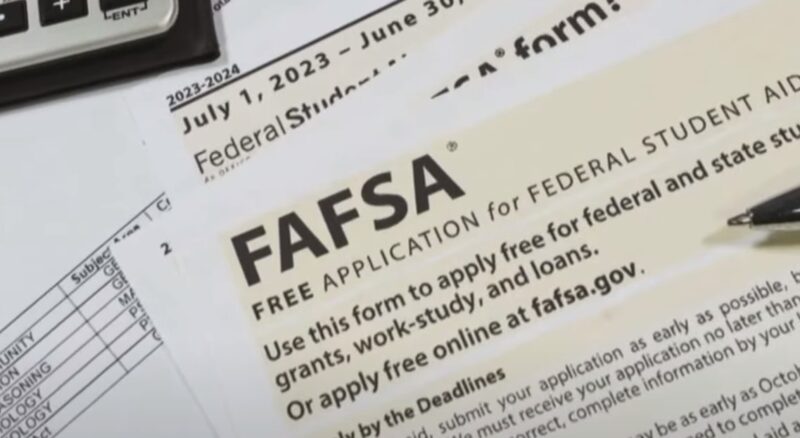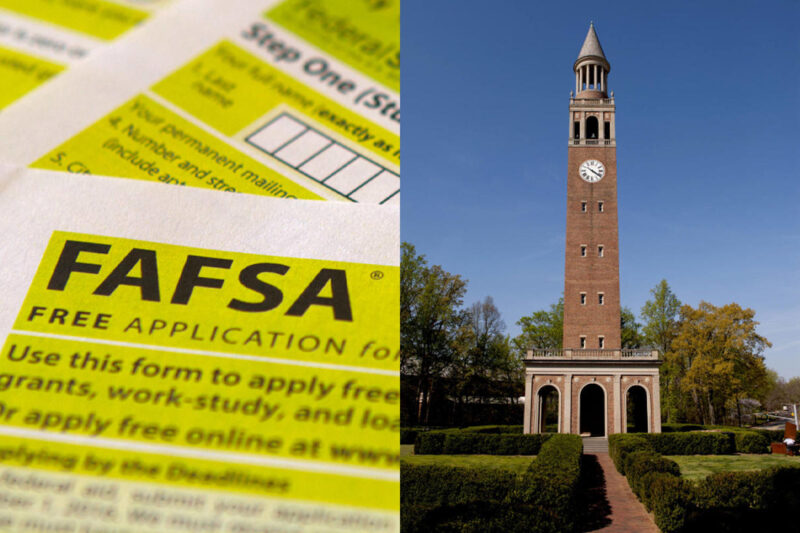College financial aid leaders are criticizing the Education Department for the issues with this year’s FAFSA process. They’ve warned that the delays are causing schools to take longer to give out financial aid packages, which many students rely on to make their college decisions.
Justin Draeger from the National Association of Student Financial Aid Administrators expressed concern to Congress about the serious consequences of delaying financial aid, emphasizing that such delays would normally have severe professional repercussions.
During a hearing with the House Subcommittee on Higher Education and Workforce Development, it was revealed that about 30% of FAFSA applications this year might have errors due to widespread glitches. The Education Department plans to correct and resend these forms to schools starting May 1.

The process, which usually takes a few days, has been taking months this year, causing significant delays for colleges and universities. The system overhaul, intended to simplify and make the process more generous, has instead caused confusion and problems for millions.
Rep. Brandon Williams criticized the problematic rollout, and the hearing highlighted the frustration on both sides of the political aisle with the Education Department’s handling of the situation.
On the same day, Senators Elizabeth Warren and Ron Wyden questioned General Dynamics, the contractor behind the FAFSA update, on the project’s failures and its impact on students and colleges.
FAFSA is crucial for determining financial aid from schools and scholarships. The delays have forced families to make difficult financial decisions, including cutting retirement savings and choosing less expensive schools.
Experts like Mark Kantrowitz warned that some students might not receive their financial aid offers until after the usual May 1 decision deadline due to the delays.
Schools are trying various methods to deal with the issue, including sending estimated aid offers. However, the University of North Carolina at Chapel Hill has not sent out any financial aid packages yet due to the data quality and delays, aiming to start in early May.
FAFSA completion rates have dropped by 40% from last year, with 18 million students affected. This has particularly impacted low-income and minority students, raising concerns that many may feel they cannot afford to go to college.

